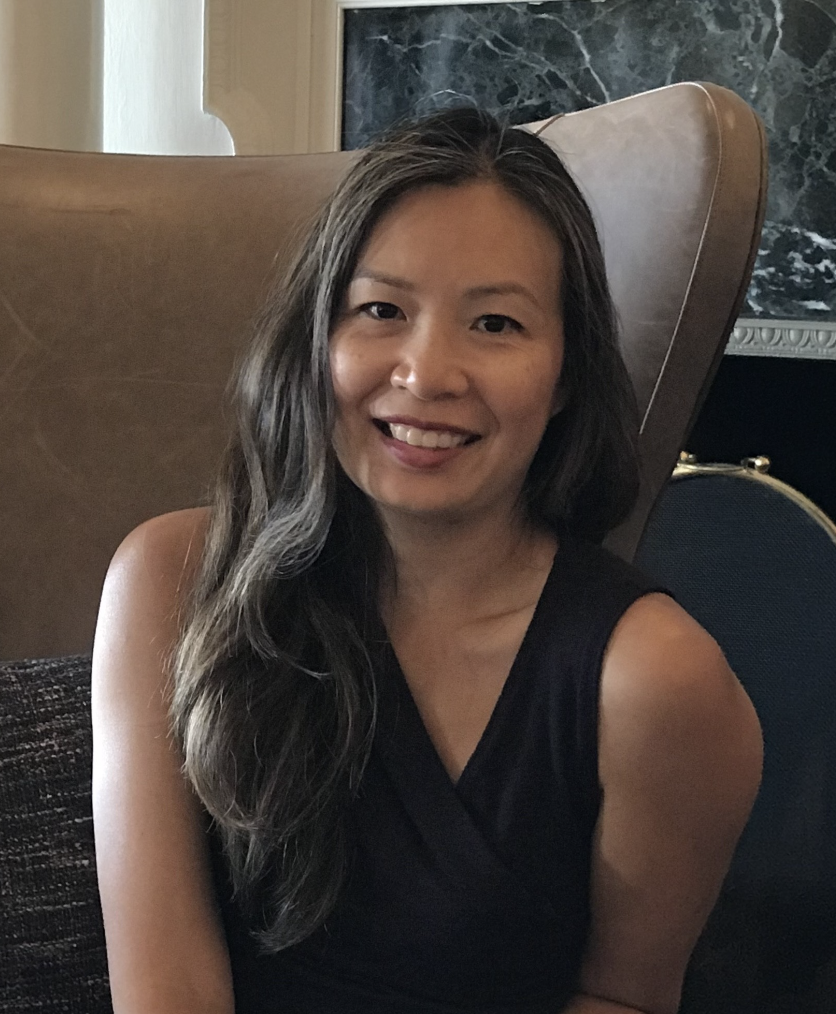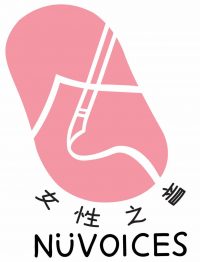BY N. J. Chan
*Editor’s note: The following story was a runner-up in our first ever annual NüStories personal essay contest. This year’s theme was Chinese identity – read more here. Photo: Hmart 32, John Salvador/Flickr.
Revival
There’s a burden you feel when you don’t know how to write your own name. I used to know, but I’ve forgotten. I don’t recognize Chinese characters anymore. Not one. That knowledge has deteriorated, granules over time, until even the name I was given at birth, my Chinese one, disappeared from the tips of my fingers. I can no longer guide my pen through the right combination of strokes that shape my identity in black and white. There is always too much else going on to dwell on this vanished skill. But when I do think on it, I feel only shame.
Something strange happens when your ethnicity does not match your citizenship. Perhaps I shouldn’t say strange, but complicated. More so for some than others. Consciously or not, too many still expect you to look the part, or sound the part, in their own production of what should be. Cultures don’t exist in a vacuum and neither do people. There have always been external influences in one form or another. Modern travel, media, and immigration allow for the greatest awareness and integration amongst different countries and their societies, but old habits die hard.
I have been complimented on my “good” grasp of English although I was born and raised in Canada. Ironically, on occasion, my accented Cantonese has earned me a fork and knife in Chinese restaurants when I know perfectly well how to use chopsticks. There are other instances that match the greater diaspora experience. I am rarely offended. I understand human nature. However, it is tricky to not internalize these. How do people see me? More importantly, how do I see myself?
I am still figuring this out. I do know certain things. I am proud to belong to my home country. I also have a deep affection and familiarity for my parent’s backgrounds, my mother’s Thai side and my father’s Chinese one. But affection and familiarity are not the same as innate knowledge and understanding. Growing up, it was too easy to be swept up in the ebb and flow of ordinary living. I chose Saturday morning sleep-ins and cartoons over Saturday morning Chinese school. Although I loved traditional food and the Hong Kong dramas rented weekly for family nights, I loved fitting in more. For school lunches, I wanted bologna sandwiches over fried rice. I preferred to talk about teen romance movies churned out of America’s Hollywood than the on-screen-wanderings of martial arts and folk hero Wong Fei Hung. Eventually, the pressure of formal education followed by work replaced the casual home learning of culture and language.
Something interesting happened mid-life, though. Aging and death have awakened my instinct for introspection I never knew existed. Maturity transformed my checkered curiosity in identity and belonging into an urgent pursuit. There are two things I suspect. One, the idea of mortality is the impetus to discover the deeper meaning of life, and two, the actual death of my grandmother was the trigger. When she passed, not only did I lose a loved one, I lost a natural bridge that kept me connected to my Chinese side of being. She lived with us for years, helped raise me. She spoke only Cantonese, cooked only Chinese dishes, used only creams and cleaning products and medicines from China. She sang me songs only in Chinese and her lessons and stories and advice all seemed very, “from the old country.” Even her laughter, her anger, sadness, and joy seemed particularly expressed in a Chinese way.
Last week, I visited a very big, very modern, Asian grocery store. Amongst the countless varieties of leafy greens, air flown boxes of mangos, and frozen egg tart shells, I came upon a refrigerated section with rows of lap cheong packs. In the middle, I noticed my grandmother’s favourite brand of sausage. I hadn’t seen that deep red logo in years. It was startling, a sausage label. Because it was so much more.
It was a flash of her teaching me, in another supermarket, at another time, which products she liked, and which types weren’t worth the money. It was a memory of standing beside her as she chopped up ingredients, telling me how to use the steamer, how to deep fry, how to shape dumplings, how things were like when she was young, how things should be when old, how to find a husband. It was the taste of her cooking in my mouth and the lilt of her voice in my head. What I wouldn’t give to take her hand and walk her down aisle by aisle. We would talk about the market and about life. I’d be eager to hear her thoughts on the absolute worst and the very best they both have to offer, and perhaps, if need be, how to thread between the two.
But even if I had everything to give, it still wouldn’t be enough. There are celestial regulations and nature’s laws that we all abide by. Within the confines of humanity though, there is still plenty of room to maneuver. I now realize when it comes to thinking about identity, there is no shame for what was, at least there shouldn’t be, there is only opportunity. If there are regrets, there is no time to wallow.
My fingertips might have betrayed me, but my lips haven’t yet. I still speak my Chinese name, first and last, and they are words I pass down to my two children, a bestowal of knowledge, including the gift of their own Asian names, food and customs, family history, an array of stories, from truth to lore. And pride. There should always be that. Although I cannot pass down everything I want, as much has been lost, there is value in the trying, and there will always be other bridges that offer crossing if one considers new directions.
I am excited, more than I have been in long while. At a recent family gathering over Lunar New Year, there was talk of the whole of my clan, three generations – parents, their children, and children’s children traveling together to mainland China – major cities, heritage sites, even the villages where my grandparents were born. It is an ambitious goal. Ordinary obstacles of conflicting schedules, money, and health will always exist and might often distract. But I remind myself that a goal is more solid than a dream, the world is a smaller place than ever before, and life, with all its contradictions and complexities, is too short to waste.

About the author
N. J. Chan is a writer of short stories, essays, and poems. Her work has been published in anthologies and journals, including a second place win with Flash Fiction Magazine and an honorable mention in 2023 Askew’s Word on the Lake Anthology. A Canadian of Asian descent living in Toronto, she holds an MBA from Simon Fraser University. Photo: N.J. Chan

